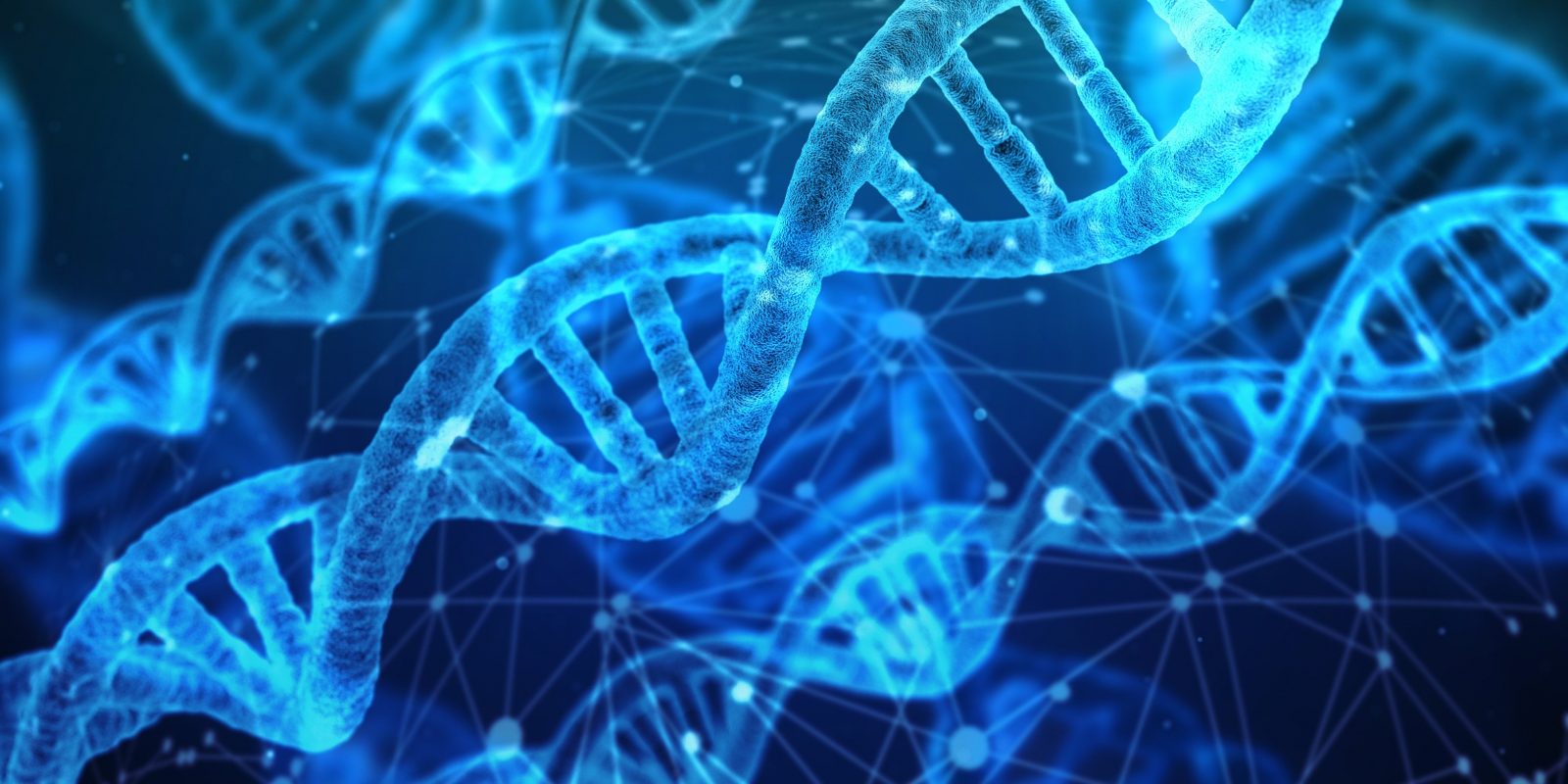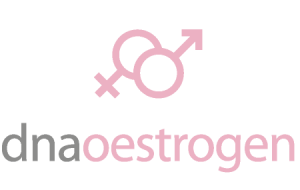Take Control of your Life
A majority of breast cancer occurs in women with no family history of it, but oestrogen gene testing can assist in identifying at-risk individuals and thereby lessen the risk of undetected cancers. DNA Oestrogen tests for gene variants that have been shown to have an impact on how oestrogen is processed in the body and if the processing of oestrogen and related compounds is efficient and healthy.
Research shows that an increased lifetime exposure to oestrogen is a strong risk factor in the development of breast cancer.
DNA Oestrogen reports on the following areas:
- Variations in key genes involved in metabolising oestrogen and related compounds
- Intervention strategies for carriers of high-risk genetic variations
- Personal risk factors associated with HRT, Oral contraceptives, bio-identical supplementation and in vitro fertilization
Practitioners use DNA Oestrogen test results to prescribe individualised nutritional and lifestyle interventions to mitigate breast cancer risk in women with high-risk genetic profiles.
Who is this test for?
Research has shown that an increased lifetime exposure to oestrogen and unbalanced oestrogen metabolism is a strong risk factor in the development of breast, ovarian and prostate cancer, as well as oestrogen dominant disorders, such as endometriosis and premenstrual syndrome.
The DNA Oestrogen test is recommended for:
- Men and women with a strong family history of breast, ovarian, colon or prostate cancer
- Women suffering from oestrogen dominant conditions,
- Women considering oral contraceptives, hormone replacement therapy, bio-identical supplementation, those considering in vitro fertilisation or those who have been diagnosed with oestrogen receptor-positive breast cancer.



